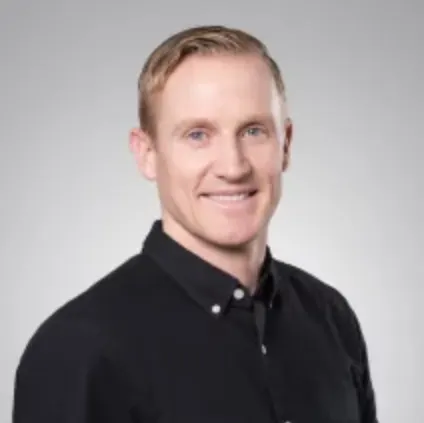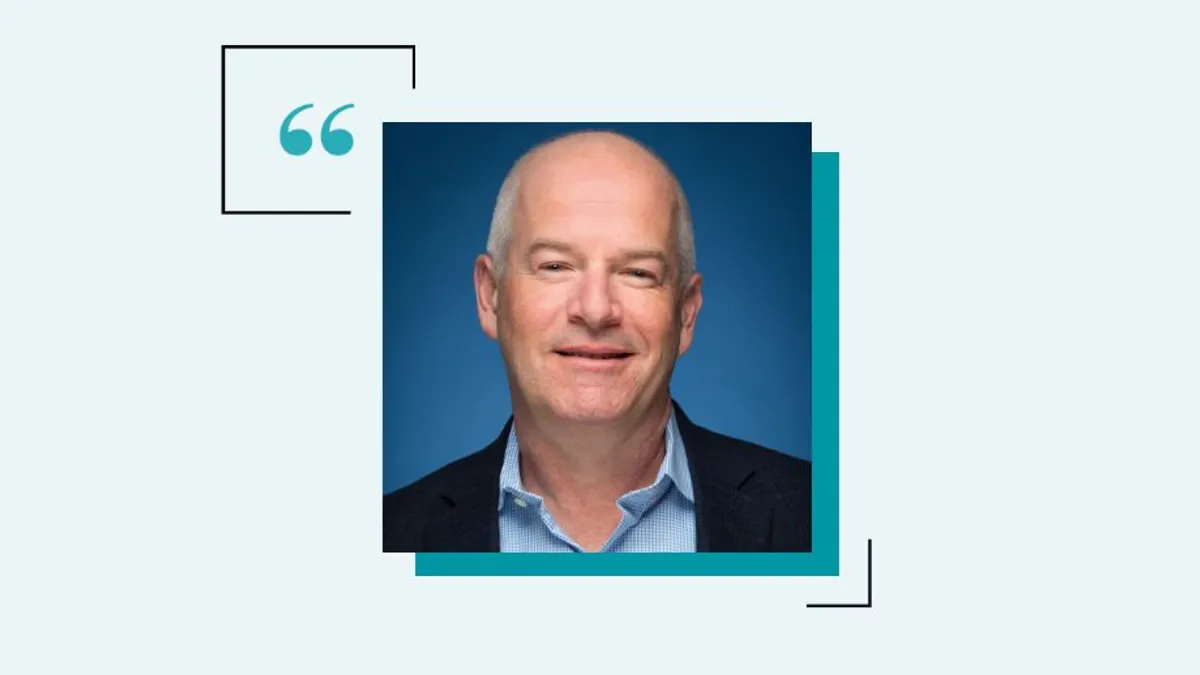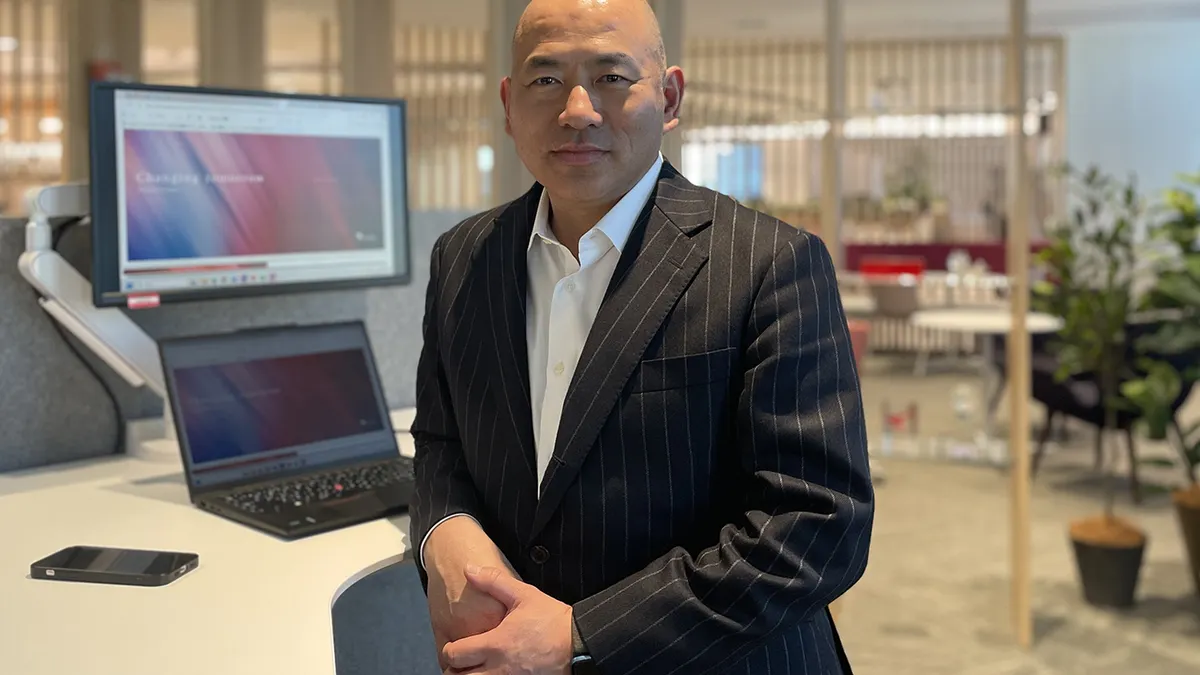Financial leadership at a fintech entails special challenges, like gaining deep familiarity with complex products and keeping up with abundant competitors focused on innovation. Being the CFO of a dynamic fintech can be an eventful journey.
At Ocrolus, a provider of AI-driven automation for analyzing documents in lending transactions, the journey of their CFO, Conor O'Donoghue, is nearing the five-year mark. He’s helped grow the company from its startup phase to its current status as an industry leader in fintech that serves the lending space.
A leader at multiple networking groups for corporate executives, O'Donoghue has plentiful thoughts on such topics as the value of networking and having good people around, on top of his front-row insight into both how fintech can remedy some of the headaches that can come with processing loan applications at a large scale.

Conor O'Donoghue
CFO, Ocrolus
First CFO position: 2019
Notable previous companies:
- AiCure
- Bank of America
- AIB
- PricewaterhouseCoopers
This interview has been edited for brevity and clarity.
ADAM ZAKI: You've worked for companies of different sizes. As Ocrolus has grown in your time there, how have you used that experience to adjust workflows to meet growth demands?
CONOR O’DONOGHUE: As my career has progressed in the startup world, I’ve developed a greater appreciation for my time at blue-chip companies like PwC and Bank of America and the foundational skills they provided. Those experiences showed me how process, bureaucracy, and red tape can slow a company down and inhibit growth and innovation.
However, those companies also showed how high-performing organizations operate and that the right processes are essential for scaling companies. Much of my role at Ocrolus is assessing where process is appropriate and how to make it as frictionless as possible to accelerate the business. Process supports us in building the right product at the right time, closing deals faster that are the best fit for us, and building a sustainable, healthy business that maximizes our opportunities.
Ocrolus is a highly visible sponsor at trade shows around fintech and lending. At these events, I’ve noticed that your employees have a great demeanor and seem happy to be there. In your view, what goes into building a great company culture?
O’DONOGHUE: Every startup I’ve worked with has been obsessed with the quickest and easiest way to create culture. The reality, though, is that culture flows down from the executive team’s actions and behavior. You cannot have a culture of high performance if the CFO is showing up at 10 a.m. or a culture of respect if the COO is screaming at employees in meetings.
At Ocrolus, we’ve built a culture of authenticity by having honest, transparent leaders who embody those traits and empower the same attributes in team members.
How can the kind of technology Ocrolus provides help improve the image of the small business lending industry?
O’DONOGHUE: Small business lending has long suffered from the shortcomings of traditional credit approval processes. Ocrolus believes every business should have an opportunity to access credit to drive their business forward. Our cash flow analytics leverage the tens of millions of [proprietary data points] we’ve captured from SMB applications to rapidly provide lenders with the data they need to support their clients.
With our data, we think small business lenders can improve their underwriting and reduce credit losses, push higher-quality borrowers through the funnel faster, and as a result drive down the cost of credit for small businesses.
You're a co-founder of The F-Suite, a network of CFOs at high-growth technology companies. How important is networking to a CFO, and how should a first-time CFO who wants to start learning from peers get started?
O’DONOGHUE: I have found networking massively rewarding. However, like most truly rewarding things in life, it takes significant work. I consider myself very fortunate to have an amazing group of CFOs I can reach out to for help and advice. They are trusted confidants and true friends, and I enjoy any opportunity to assist them.
My recommendation for those who want to start is to not delay, as there are endless opportunities. In-person is always more impactful and memorable than email. Be transparent and honest with those you meet. It’s okay that you don't know all the answers. It’s okay to show your weaknesses and concerns and ask for advice on how others dealt with what you’re dealing with.
You've raised a lot of capital for Ocrolus. What can you share that could help other CFOs succeed in selling their story to potential investors?
O’DONOGHUE: During fundraising, I see CFOs as playing two key roles. First, be the “adult in the room.” The CEO is excited, enthusiastic, and optimistic. The CFO is bullish but is as pessimistic as needed to ensure there is a balanced and thoughtful approach to risk.
Second, translate the CEO's story and vision into supporting data. Leverage data to communicate what progress has been made toward that vision and how the operational elements will come together in the next two or three years to execute that strategy.




















